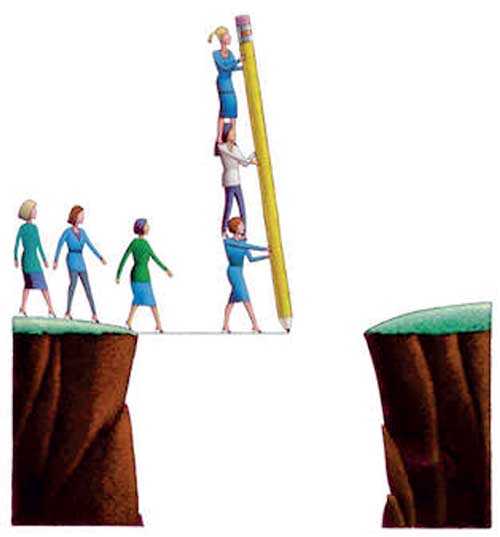Saturday Feb 21, 2026
Saturday Feb 21, 2026
Monday, 17 February 2020 00:00 - - {{hitsCtrl.values.hits}}
Changes in today’s business environment pose vexing ethical challenges to executives. We propose that unethical business decisions may stem not from the traditionally assumed trade-off between ethics and profits or from a callous disregard of other people’s interests or welfare, but from psychological tendencies that foster poor decision making, both from an ethical and a rational perspective. Identifying and confronting these tendencies, we suggest, will increase both the ethicality and success of executive decision making. 
Executives today work in a moral mine field. At any moment, a seemingly innocuous decision can explode and harm not only the decision maker but also everyone in the neighbourhood. We cannot forecast the ethical landscape in coming years, nor do we think that it is our role to provide moral guidance to executives. Rather, we offer advice, based on contemporary research on the psychology of decision making, to help executives identify morally hazardous situations and improve the ethical quality of their decisions.
Psychologists have discovered systematic weaknesses in how people make decisions and process information; these new discoveries and theories are the foundation for this paper. These discoveries involve insights into errors that people make when they estimate risks and likelihoods, as well as biases in the way they seek information to improve their estimates. There are new theories about how easily our preferences can be influenced by the consequences we consider and the manner in which we consider them. Social psychologists have new information about how people divide the world into ‘us’ and ‘them’ that sheds new light on how discrimination operates. Finally, there has been important new research into the dimensions along which people think that they are different from other people, which helps explain why people might engage in practices that they would condemn in others.
We focus on three types of theories that executives use in making decisions — theories about the world, theories about other people, and theories about ourselves. Theories about the world refer to the beliefs we hold about how the world works, the nature of the causal network in which we live, and the ways in which our decisions influence the world. Important aspects of our theories about the world involve our beliefs about the probabilistic (or deterministic) texture of the world and our perceptions of causation.